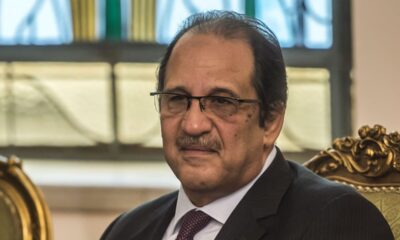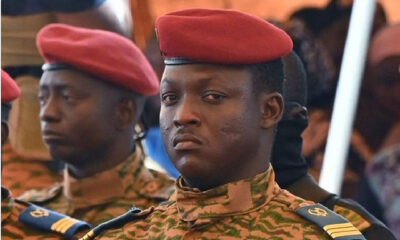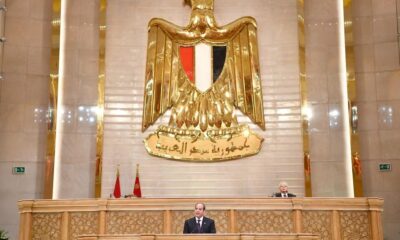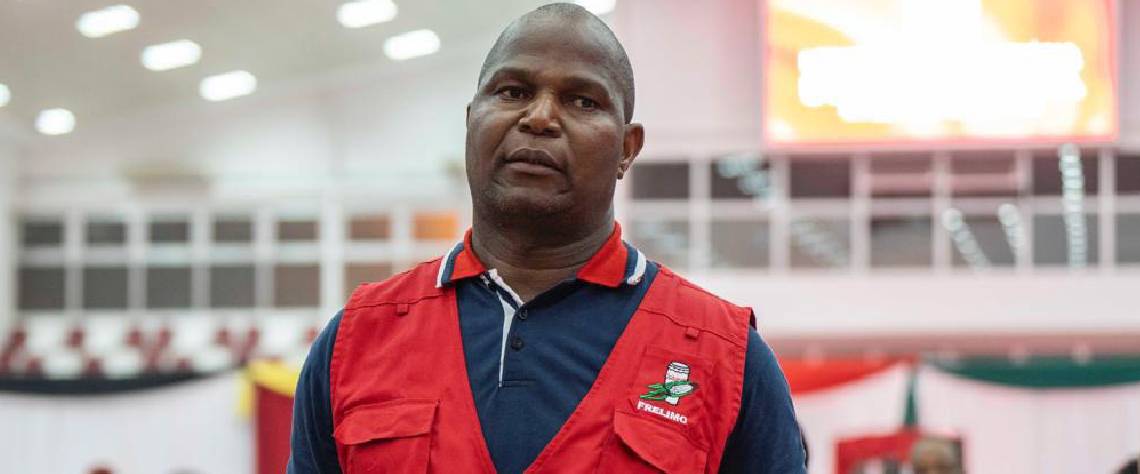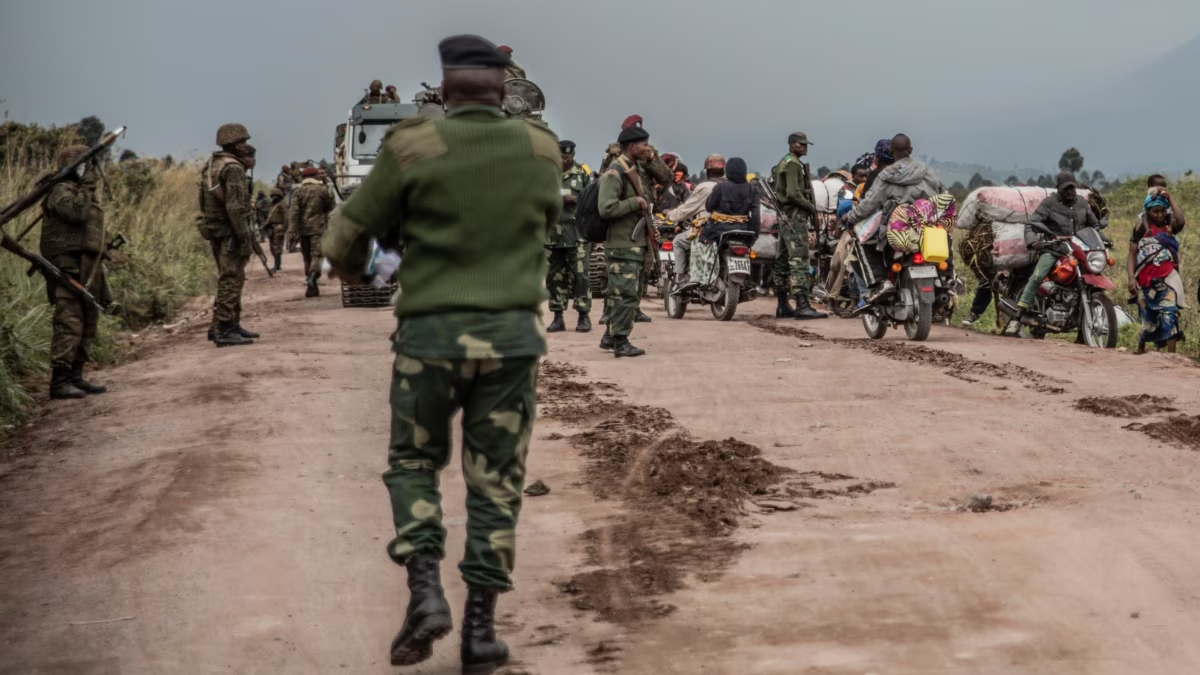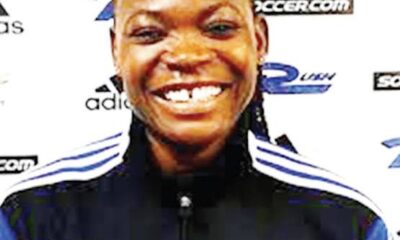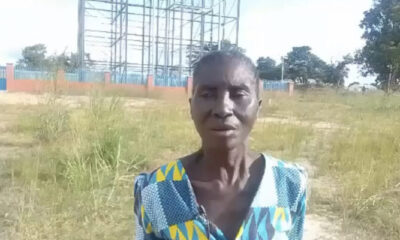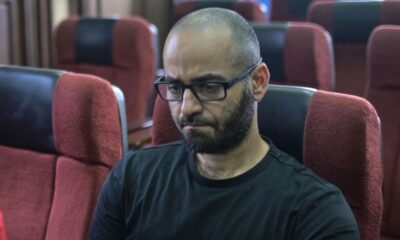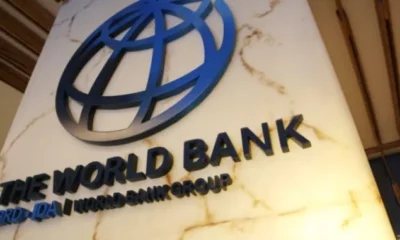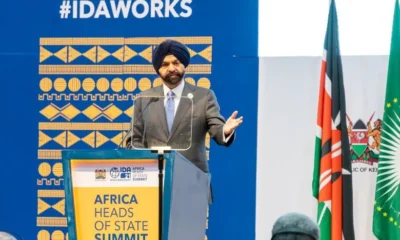Egyptian authorities have failed to investigate or prosecute a single member of the security forces five years after their systematic and widespread killing of largely peaceful protesters in Rab’a Square in Cairo, Human Rights Watch said.
Hundreds of protesters have been convicted under unfair charges in mass trials stemming from the protests.
Security forces killed at least 817 protesters within a few hours on August 14, 2013, as they violently dispersed the sit-in at Rab’a al-Adawiya, the main gathering of protesters demanding the reinstatement of President Mohamed Morsy, whom the army overthrew and arrested on July 3, 2013.
The comprehensive failure to investigate the largest mass killings in Egypt’s modern history, which probably amounts to crimes against humanity, reinforces the urgent need for an international inquiry.
Egypt recently issued a law to “immunize” senior military officers from being questioned for potential violations following Morsy’s ouster.
“Five years on from the Rab’a massacre, the only response from authorities has been to try to insulate those responsible for these crimes from justice,” said Sarah Leah Whitson, Middle East director at Human Rights Watch. “The response from Egypt’s allies to the crimes at Rab’a and to the lack of justice for the victims has been complete silence.”
In August 2014, Human Rights Watch released the findings of a year-long investigation into the Rab’a Massacre, its aftermath, and other incidents of mass killings of protesters, based on interviews with over 200 witnesses, on-site investigations immediately after the attacks began, and a review of hours of video footage, physical evidence, and statements by public officials.
Human Rights Watch concluded based on this evidence that “the killings not only constituted serious violations of international human rights law, but likely amounted to crimes against humanity, given both their widespread and systematic nature, and the evidence suggesting the killings were part of a policy.”
Read Also: American weapons for Morocco fuel fears of arms race in North Africa
On July 26, President Abdel Fattah al-Sisi approved Law No.161 of 2018 on the “treatment of the armed forces’ senior commanders,” which empowers the president to grant military commanders ministerial status and “diplomatic impunity” when traveling outside the country to shield them from accountability.
The law also grants these officers “immunity” from prosecution or questioning for any event between July 3, 2013, and January 2016, unless the Supreme Council of Armed Forces gives permission.
Existing Egyptian law only allows military prosecutors, who are part of the Defense Ministry, to pursue investigations against current or former army officers, adding another layer of local impunity for military staff.
The Egyptian army overthrew former President Morsy on the heels of mass anti-government protests on June 30, 2013. Morsy supporters responded with protests throughout Egypt and gathered in two main squares in Cairo, Rab’a and al-Nahda. Human Rights Watch documented in detail six incidents in which security forces unlawfully opened fire on masses of largely peaceful protesters, between July 3 and August 16. At least 1,185 people died.
Despite generally exonerating security forces, several official statements and reports accused the police of using excessive force. The prime minister who supervised the dispersal, Hazem al-Beblawy, said in response to the 2014 Human Rights Watch report that “anyone who committed a mistake … should be investigated.”
On December 13, 2013, interim President Adly Mansour established a fact-finding committee to collect “information and evidence” on the events that accompanied the June 30 protests. The committee, which included law professors and former government executives, lacked any judicial powers.
The committee released an executive summary on November 26, 2014, in which it largely blamed protest leaders for the casualties in Rab’a for allowing arms inside the protest, but also admitted that security forces failed to target only people who were armed. The committee also found fault with the unarmed protesters, because they remained at the sit-in knowing that some protesters were armed. The full report is yet to be made public.
On March 6, 2014, Egypt’s National Council for Human Rights (NCHR) released a report on the Rab’a dispersal saying that some protesters were armed and resisted security forces, which compelled them to use lethal force. However, the report also said that there was a “disproportionate response” and “excessive use of force by security forces,” and that security forces failed to maintain a safe exit for protesters willing to leave or to provide medical aid for the wounded.
Both the committee and the NCHR demanded that victims who “did not participate in violence” be compensated. The NCHR also called for an independent judicial investigation.
On July 28, 2018, following an unfair mass trial, the terrorism chamber in the South Cairo Criminal Court issued preliminary death sentences for 75 defendants in the Rab’a dispersal case. Over 739 defendants, roughly half of them in custody, have been tried in the case. The final verdict is due on September 8. Defendants face charges of premeditated murder, attacking citizens, resisting authorities, destroying public property, and possessing firearms and Molotov cocktails.
Defendants include protesters, Muslim Brotherhood leaders, journalists, and children. Several members of security forces who participated in the violent dispersal were called as witnesses, yet prosecutors did not question any of them on excessive use of force or the deliberate or indiscriminate killing of unarmed protesters.
On January 9, 2018, the Giza Criminal Court for major offenses sentenced 23 protesters to life in prison, 223 to 15 years in prison, and 22 others to 3 years in prison, while 109 were acquitted in the case stemming from al-Nahda Square sit-in dispersal. The defendants faced charges similar to those in the Rab’a sit-in case. No member of the security forces involved was questioned.
On September 18, 2017, a criminal court held in Wadi al-Natroun prison issued the verdict in the case stemming from dispersing pro-Morsy protesters at al-Fath Mosque in Cairo two days after the Raba’ dispersal. The court issued prison sentences that ranged from three years to life in prison against 335 defendants, while acquitting 52. Among those found not guilty was an Irish citizen, Ibrahim Halawa, and three of his sisters.
In addition to the failure to investigate security forces’ mass killings, the authorities failed to meet requirements of article 241 of the Egyptian Constitution that required issuing a transitional justice law during the first parliamentary session in 2016. The article says that the law should guarantee “disclosure of truth, accountability, proposals for national reconciliation frameworks, and compensation for victims in accordance with international standards.”
“Without justice, Rab’a remains an open wound. Those responsible for the mass killings of protesters shouldn’t count on being able to shield themselves from accountability forever,” Whitson added.

 VenturesNow14 hours ago
VenturesNow14 hours ago
 Sports1 day ago
Sports1 day ago
 Tech1 day ago
Tech1 day ago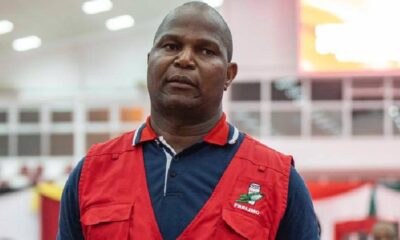
 Politics1 day ago
Politics1 day ago

